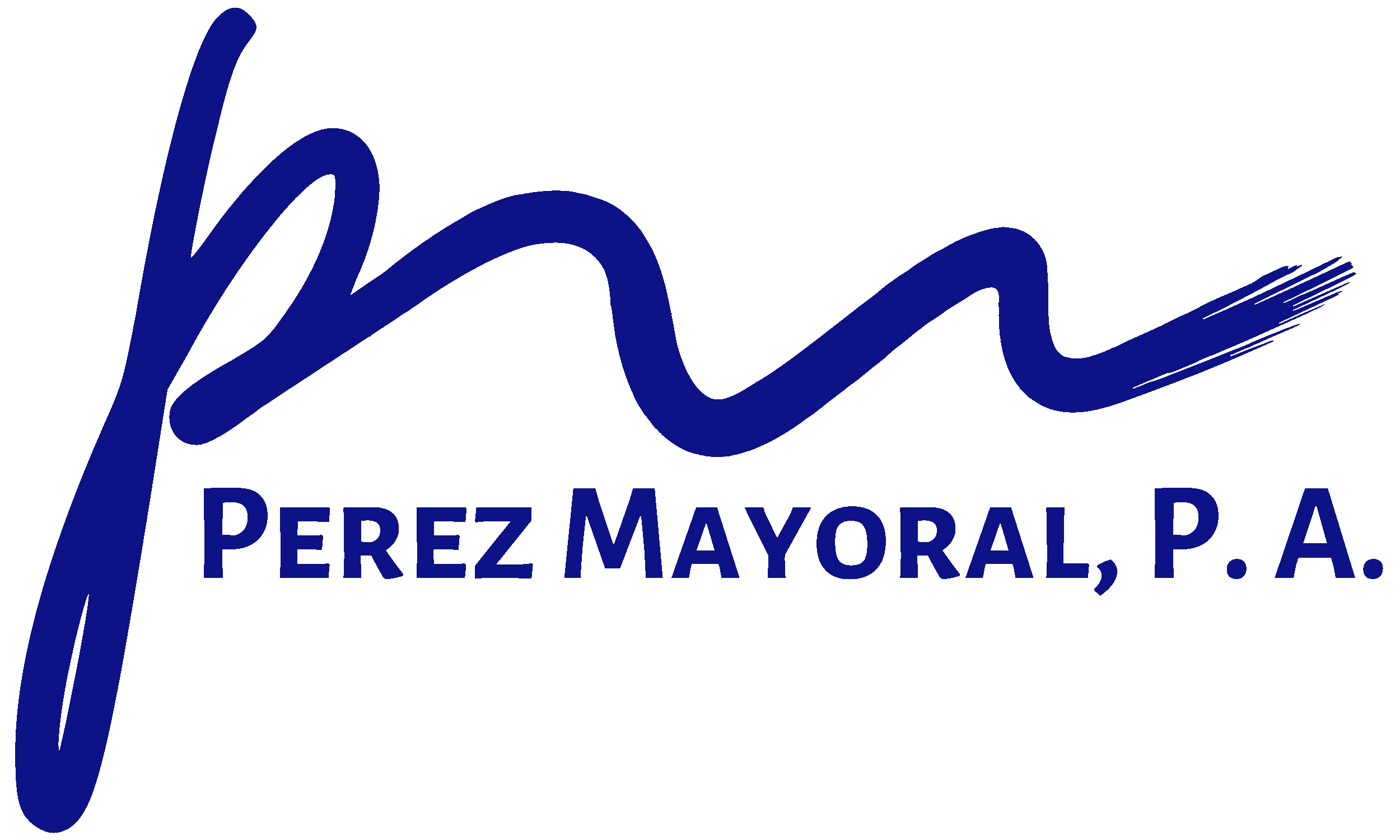Catching fraudulent activity can make the difference between your small business making a profit and going bankrupt. Sadly, many people target small businesses because they do not have the manpower to oversee things as carefully as some larger corporations. Larger companies can better afford the software and other strategies that can detect or prevent fraudulent activity.
Of course, to catch fraud, you need to know what to look for and what your risks are. This article will help you protect your small business by explaining the types of fraud to look out for and how to minimize fraud in your company. A Miami, Florida business fraud attorney could help you devise protocols that can protect your company.
Employee Petty Theft
Many people think nothing of stocking their home offices with supplies from work. It might not seem like a lot of money, but when you add up all of this business loss, it can affect the bottom line. Also, depending on the nature of your business, employees might take other items home. Restaurants are particularly vulnerable in that everyone has a use for food. If your company manufactures jet engines, on the other hand, your employees would be less likely to try to take one home for dinner.
If your business involves cash transactions, make sure that you rotate the people who handle cash to cut down on the temptation to “dip into the till.” Also, make sure that the financial transactions are handled by more than one person at your business. It is far easier to cover up forged checks and other types of asset misappropriation when no one else handles the money.
Invoice Fraud
People are often surprised when they learn that some fraudsters create fake companies that send fake invoices to businesses hoping to get paid for things they never supplied. Another technique is to contract with buddies who charge grossly overblown prices for goods or services. The fraudster within your company might get a kickback from the friend who sells your business $500 screwdrivers.
Be sure to run background checks on employees and suppliers. Also, verify that you actually received every item you paid for.
Payroll Fraud
What some people might think of as exaggeration is actually fraud and theft when it involves “padding” one’s timesheet or productivity. Payroll fraud can take many forms. Having a colleague clock you in earlier than you actually arrived or clock you out after you left is one example. Lying about how many sales you made is another. Again, background checks are a good way to prevent payroll fraud. Also, pay close attention to what your employees actually do – when they arrive and leave and how productive they are.
Tax Fraud
This type of business fraud could cost your company a great deal in back taxes, penalties, and interest. You could even face jail time and a criminal record. Make sure that you and your bookkeeper or tax professional report all expenses and earnings accurately.
Workers’ Compensation Insurance Fraud
Some employees file fraudulent claims about fake injuries or illnesses because they would rather collect workers’ compensation benefits than work for their paycheck. You will want to cross-check all documents for authenticity. Make sure that your employees follow the rules of the system and only go to approved healthcare providers for work-related injuries or illnesses. You can ask a Miami, Florida, business attorney for legal advice about how to minimize fraud against your small business. Contact our office today for help with your case, we offer a free consultation.


